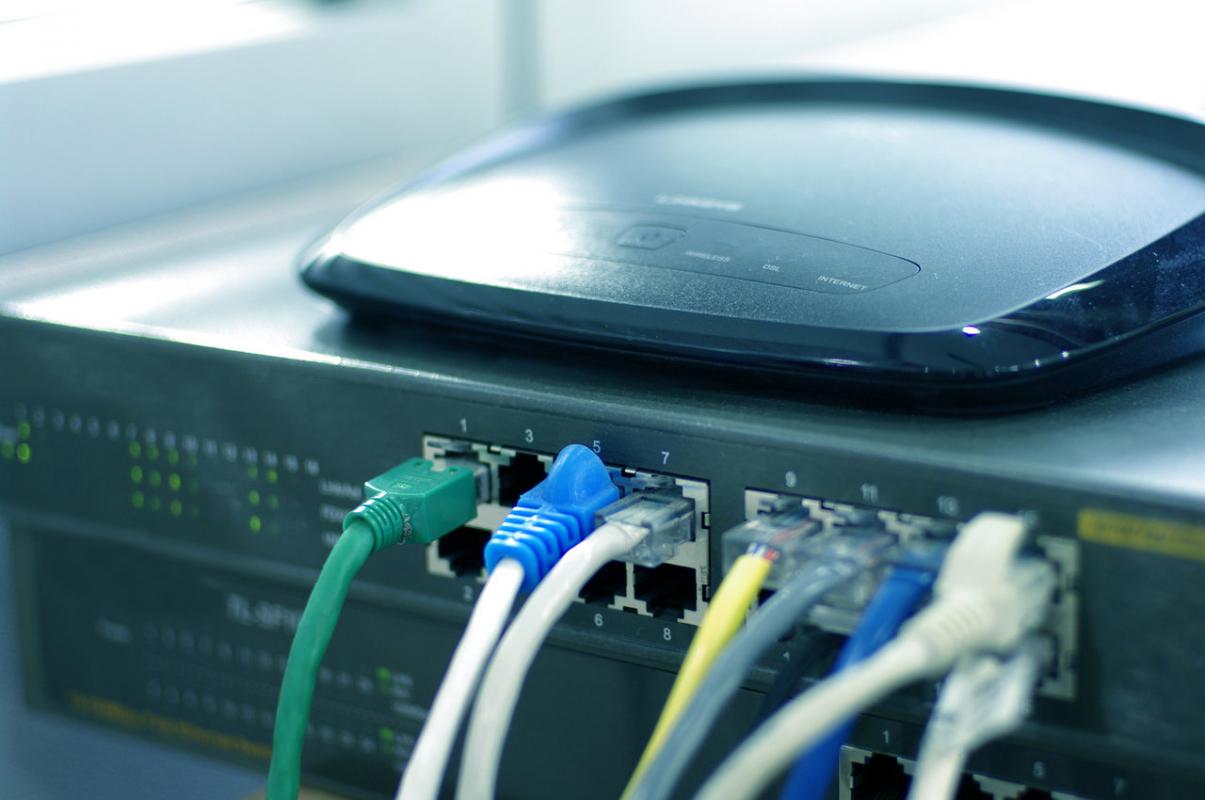Your Guide to Choosing Between Wifi and Ethernet

While there’s no such thing as a network that’s 100% secure, always online, and at peak performance 24/7, there is such a thing as a network that fits your company’s needs. It’s worth your time to consider what kind of network is best for your business, especially as internet use is crucial to modern life. Think about it: how much work would your office accomplish in a day without your network? The answer may be nearly nothing.
Wireless (wifi) and wired (Ethernet) networks both have advantages and disadvantages, but their differences make them well-suited for certain organizations. Here’s how to understand the ways they differ and make a decision for your company.
Wired Networks: The Pros and Cons
The main advantages of wired or Ethernet networks are their speed and security. In most cases, wired networks are considered more secure than wireless since a physical connection is necessary to use the network. This can be a significant selling point for businesses concerned about the integrity of their data: it’s hard to be too careful in today’s world of information breaches.
Wired networks also boast impressive speeds that still blow past wireless capabilities. Wifi speeds continue to improve, but Ethernet networks can give you speeds of up to 1 gigabit-per-second.
Now for the cons. Wired networks are, as the name suggests, a little heavy on the cords—and they require more infrastructure. They’re more expensive to set up, and you could end up with a tangled mess (literally) when employees find it difficult to connect to your network from different workstations.
Wireless Networks: The Pros and Cons
Wifi networks are wildly popular and tend to be the setup that you’ll encounter often. The pros of wifi include the easy connectivity, the flexibility and scalability of your configuration, and wifi’s mobility. For today’s companies, wifi is attractive since employees can access it with the right credentials from whatever device they’re using to work—a smartphone, a tablet, a laptop, or their computer.
As for the disadvantages: you can imagine that this accessibility creates challenges for security. A wireless network can be just as secure as a wired network, but extra steps may be required. Wireless networks can also be spotty, and employees sitting too far away from a router may experience the headache of a slow connection.
Feeling more informed? We can help you decide whether a wireless, wired, or hybrid model is the right fit for your business. Contact us to get started.


















